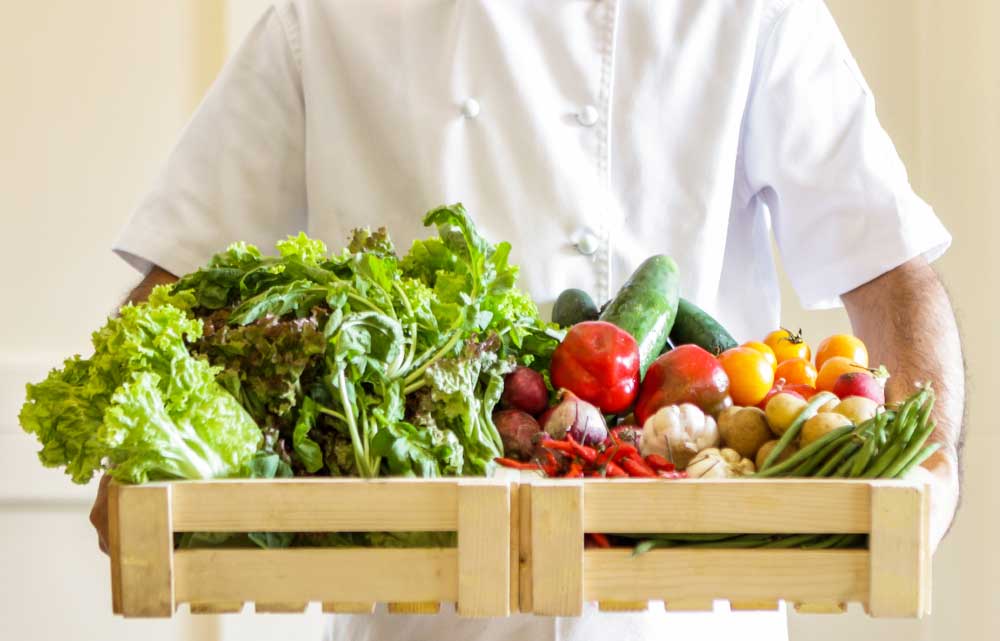Statisticians revealed that in 2018 around 2% of the world was vegan. Although this may seem like a minority, the vegan population has been quickly growing each year due to various reasons, which include health, religion, sport, fad diets and trends. In order to cater to all types of clientele, it is important for hotel restaurants to know how to design a vegan menu. This can be achieved by hiring a chef who is familiar with vegan cuisine, a specialised nutritionist or dietician, or by seeking help with a hotel restaurant consultant. Before getting started, here are some basics that may be worth knowing.
Vegan is not Vegetarian
Vegan and vegetarian diets often get interchanged. However, the two plant-based diets must not be mistaken for one another. While vegan diets consist only of plant and grain based food, vegetarian diets allow the consumption of animal-derived products such as dairy, eggs and honey.
Vegan can taste Great
Contrary to popular belief, vegan food can be packed with flavour. Those tasteless vegan dishes that might have turned you away from pursuing the plant-based diet might not have been given much thought and attention in terms of preparation and execution. Various plant-based foods have the ability to satisfy the various senses of taste and textures on your palate such as the umami factor you can get from tomatoes and mushrooms, the savouriness of potatoes and nuts, the earthiness of root vegetables and aubergines, to the refreshing tang of citrus, the crunch of freshly picked salads and crudités, and the natural sweetness of fresh berries and dried fruits–the flavour profiles and texture possibilities of vegan food are endless.
Vegan can look Beautiful
Working with vegetables can produce not just delicious results but beautiful plates. By observing some of the top chefs and restaurants in the world, you might notice that what brings their dishes to life are small pops of colour and texture that come from greens, flowers and artistically prepared fruits and vegetables. By hiring a creative chef or contracting hotel F&B consultants to help you design your menu, you might just be able to attract the vegan and possibly even the non-vegan market in no time.
Vegan can cut Costs
You might assume that vegan food is expensive based on the items that you see in groceries and organic stores; but when working in a restaurant kitchen, the use of vegetables and grains might actually come as a cost advantage to you. Try sourcing local produce and cooking them from root to stalk, this form of preparation can produce results of almost zero vegetable wastage (just think of all those vegetable trimmings that you can use to flavour your vegetable stock!).

